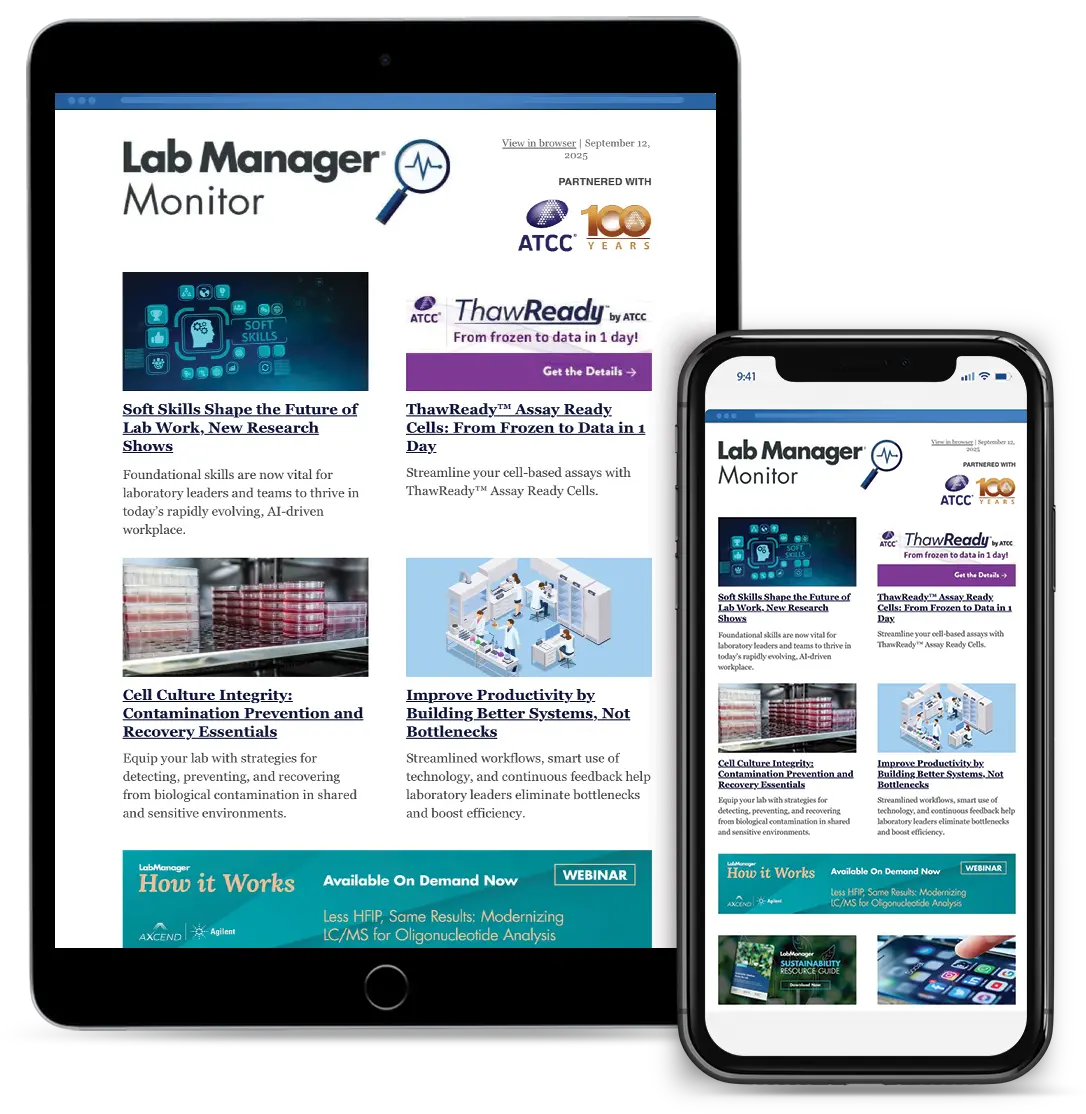Science has always been richer for the women who shape it. Rosalind Franklin’s X-ray images gave us DNA’s structure, while Katalin Karikó’s persistence unlocked the potential of mRNA vaccines. These pioneers remind us that progress depends not only on brilliant research but on resilience, advocacy, and voice.
Today’s women lab leaders carry that same spirit forward. The focus is not only on honoring past contributions, but also on sharing the tools and strategies that help women advance their careers and strengthen their leadership.
How women in science can advocate for themselves—and their labs
Advancing in science requires visibility. Yet research shows that women often hesitate to highlight their own accomplishments. Harvard studies confirm that women are significantly less likely to self-promote than men, even when performance is identical. In publishing, women share their papers on social media 28 percent less often than men, reducing their reach and impact.
That hesitation has consequences: fewer promotions, slower advancement, and less recognition for the lab itself. Self-advocacy, however, is not arrogance—it is leadership. By speaking openly about achievements, lab managers secure resources for their teams and model the confidence younger scientists need to see.
Practical approaches include keeping a running list of milestones, framing successes as team wins, and practicing concise “elevator pitches” that explain a lab’s impact in accessible terms. Each step strengthens a leader’s trajectory.
Assertiveness in science: making your voice heard
Visibility also depends on voice. In academic seminars, women ask fewer questions than men—a gap shaped by social dynamics and hesitation rather than knowledge. A large observational study at the University of Cambridge found that women are two and a half times less likely than men to ask questions in academic seminars, even when attendance was gender-balanced. The researchers noted that the simple act of asking the first question often set the tone—when women spoke up early, others were more likely to follow.
Every unasked question is a missed opportunity for visibility, authority, and networking. Assertiveness is not about dominating the discussion; it is about ensuring your perspective shapes it. Preparing questions in advance, repeating points if overlooked, or volunteering to speak first are all strategies that shift perception from passive participant to active leader. Assertive participation does more than raise one person’s visibility—it helps reshape the culture of the room.
Essential non-technical skills for lab leadership and career growth
Technical expertise may open the door to opportunity, but non-technical skills often determine how far a career can go. Running a lab requires far more than designing experiments—it also means managing people, resources, and competing priorities.
Project management and budgeting are central to this work. Yet project management itself has evolved from a purely technical discipline into one where leadership and interpersonal skills are critical for success. Scholars note that motivated, inspired teams are more likely to achieve goals than disengaged ones, and that strong stakeholder relationships can make the difference between a project that moves forward and one that stalls. For lab leaders, effective communication, trust-building, and conflict resolution are as crucial as tracking timelines and budgets.
Soft skills such as communication and team leadership also drive performance in measurable ways. Studies show that clear, consistent communication is one of the strongest predictors of team success. Lab managers who can articulate a compelling vision while navigating day-to-day details build credibility and foster resilience across their teams.
The message is clear: non-technical skills are not secondary. They are essential competencies that enable scientists to transition from individual contributors to recognized leaders. And like technical skills, they can be learned, practiced, and refined over time.
Building networks to advance women’s careers in science
No leader advances alone, and networks amplify voices and multiply influence. The Association for Women in Science, founded in 1971, continues to drive equity through mentoring, scholarships, and advocacy. 500 Women Scientists also increases women’s visibility through its Request a Woman Scientist database and fosters solidarity through local pods.
For women leaders, joining such organizations is more than community-building—it is career-building. The right connections can lead to collaborations, speaking engagements, or the next leadership role.
Confronting bias in STEM and championing women leaders
Bias is a stubborn barrier. The “Matilda effect,” where women’s work is attributed to men, still distorts recognition in science. Confronting bias requires courage and strategy, including nominating women for awards, recommending them for leadership roles, and ensuring transparent hiring and promotion metrics.
It also means moving from mentorship to sponsorship. Mentorship offers guidance, while sponsorship offers opportunity. When women in leadership use their influence to recommend, nominate, and elevate others, they multiply their impact far beyond their own careers.
Leading forward: career development strategies for women in science
Celebrating women in science is not just a feel-good initiative. It is a daily commitment to reshaping culture, dismantling barriers, and making space for every voice at the table.
For lab managers, the path forward is clear: advocate with confidence, speak with persistence, lead with empathy and vision, and sharpen the skills that sustain strong teams. Progress doesn’t happen by waiting. It happens when women step forward—and bring others with them.
















